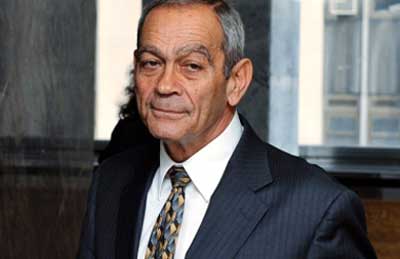In a report released on Monday, a judicial referee said that Bronx Surrogate Lee Holzman had committed misconduct by failing to fire a lawyer who had apparently billed estates hundreds of thousands of dollars in fees before he performed the work.

Robert Tembeckjian, the counsel for the State Commission on Judicial Conduct said that he would ask the commission to remove Holzman from the bench. The counsel also said that he plans to ask the commission to overrule the findings of Shea and sustain most of the other charges brought against Holzman.
David Godosdky, who represented Holzman said that the commission would in all probabilities dismiss the lone misconduct charge still sustained by Shea against Holzman.
The charges against Holzman were filed after Lippman was indicted in 2010 of stealing $300,000 in excess fees. Lippman did this in his capacity of a lawyer for the public administrator who handles estates without any designated heir. Lippman has pleaded not guilty and his criminal case is pending in Bronx.
The surprising thin in this entire case, and something that speaks strongly for Holzman is that Holzman waived the confidentiality which under normal circumstances would have kept the judicial conduct hearings under wraps. This is the 11th time in the last 35 years and over 750 disciplinary proceedings that a judge chose to waive the right to confidentiality to judicial conduct hearings.
According to the report, Holzman became aware of Lippman's misconduct in early 2006. However, rather than terminating him, Holzman demoted him and created a system where he could work and turn over the new fees earned to restitute the excessive fees he had earlier obtained from the office.
The report mentioned, “By allowing a lawyer who overcharged estates, cheated PA's office, lied to him and breached his trust to continue to represent the PA in the administration of estates, respondent put at further risk the estates under his care.”

